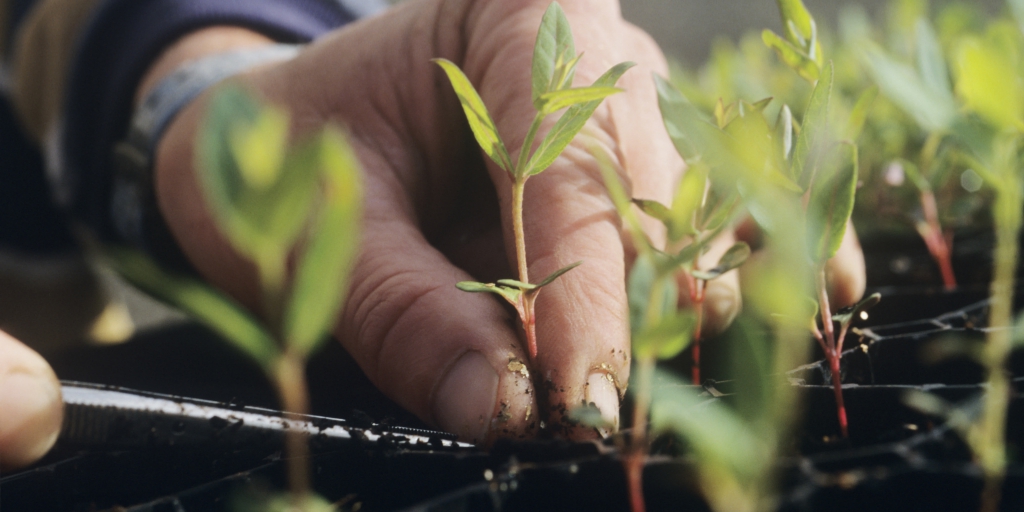Resilience: A Work in Progress

As we move through life we will be met with challenges in various forms, and we may experience some of these challenges while in university. The ability to overcome challenges and thrive during difficult times is called resilience. Personal characteristics such as hope, optimism, self-compassion, the ability to problem solve, and the ability to build relationships, can play an important role in resilience. Another component of resilience involves connecting with others and being authentic in your relationships.
What You Should Know About Resilience
- Everyone has the capacity to be resilient! Resilience is not something that you are born with or without, and you can work on strengthening it over time. Sometimes we may forget situations in which we were resilient until we take the time to reflect on our past experiences.
- Resilience is not the absence of suffering. It is getting through that suffering or difficult time. It is important to remember that negative emotions are not a sign of failure or weakness, they are a sign that something needs attention.
- Resilience is a dynamic process. This means that you can feel extremely resilient in one situation, but then, depending on the circumstances, you may not feel as resilient in another situation.
- There are many faces to resilience. Resilience will look differently all the time. Each individual will experience resilience in their own way and how they do this may even change.
- Resilience is affected by our social environments. This means that our families, communities, institutions (e.g. universities), and societies can support or undermine how resilient we feel. For example, things like accessibility and anti-mental health stigma can impact how safe or connected we feel.
The staff at the Student Wellness Centre are currently developing resilience-based programming. Go to wellness.mcmaster.ca to find information about all of the programs offered by the SWC!
